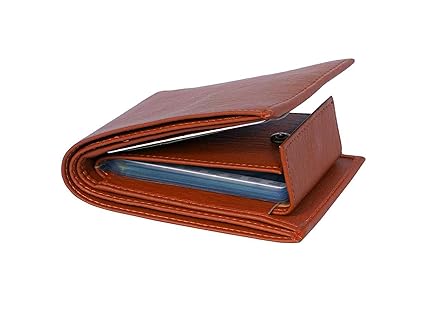A digital camera is a device that captures and stores photographs in digital format, as opposed to traditional film cameras that use chemical processes to produce images on light-sensitive film. Digital cameras have become increasingly popular since the late 20th century due to their convenience, versatility, and ability to instantly view and share images
Image Sensor: Digital cameras use electronic image sensors, such as CCD (charge-coupled device) or CMOS (complementary metal-oxide-semiconductor), to capture light and convert it into digital signals.
Lens: The lens of a digital camera focuses light onto the image sensor, determining factors such as focal length, aperture, and zoom capabilities.
Processor: Digital cameras include an onboard processor that processes the digital signals from the image sensor, applying adjustments such as exposure, white balance, and image compression.
Memory: Digital cameras store captured images and videos on removable memory cards, such as SD (Secure Digital) cards or CF (CompactFlash) cards, or internal storage.
Display: Most digital cameras feature an LCD (liquid crystal display) screen that allows users to preview images, navigate menus, and review captured photos and videos.
Battery: Digital cameras are powered by rechargeable batteries or disposable batteries, providing the necessary energy to operate the device.



